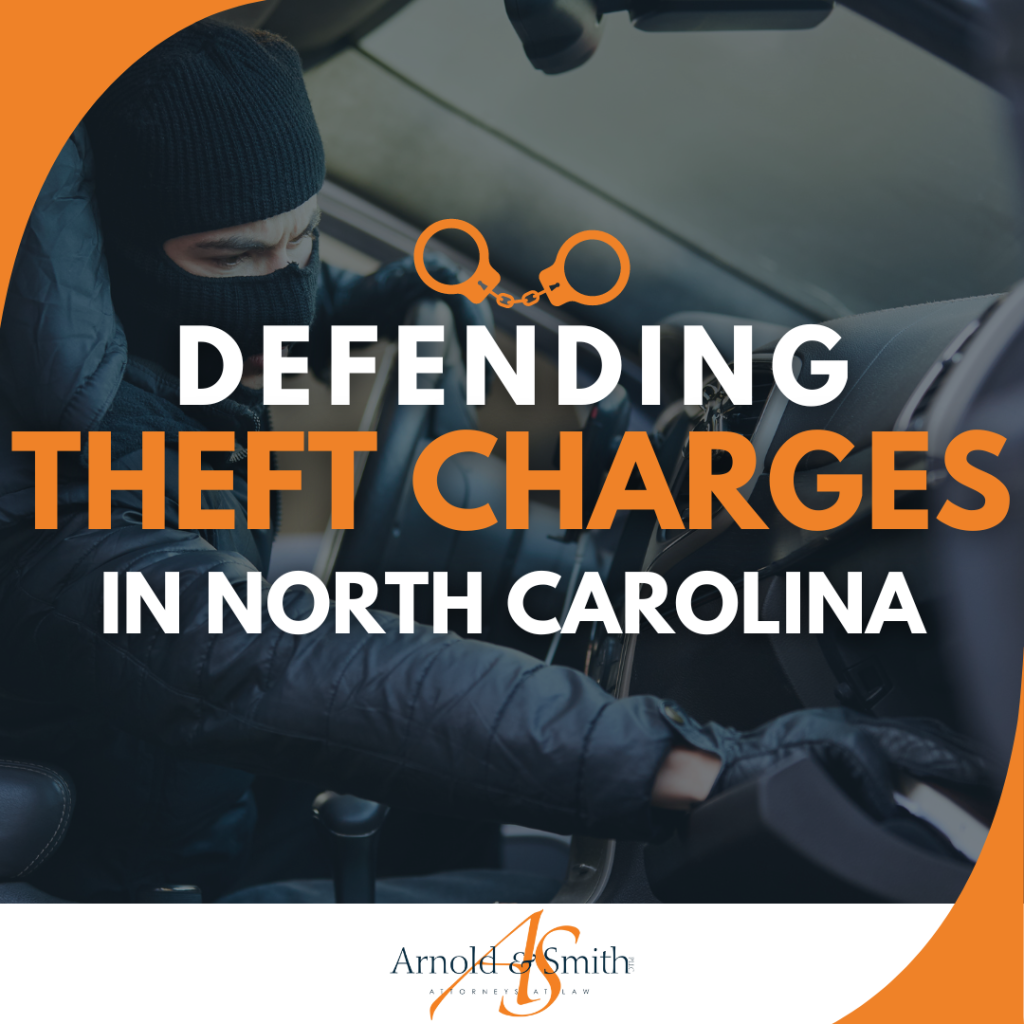 Defending Theft Charges in North Carolina
Defending Theft Charges in North Carolina
Theft is one of the most common crime charges in North Carolina. Theft is often called larceny. There are a variety of different theft crimes and they could be misdemeanors or felonies. Regardless of whether you are charged with a misdemeanor or a felony, you could face serious consequences if convicted. A conviction may make it difficult to obtain employment and find housing. A knowledgeable criminal defense attorney will help defend the charges and protect your rights.
Types of Larceny Crimes
 Charlotte Criminal Lawyer Blog
Charlotte Criminal Lawyer Blog


